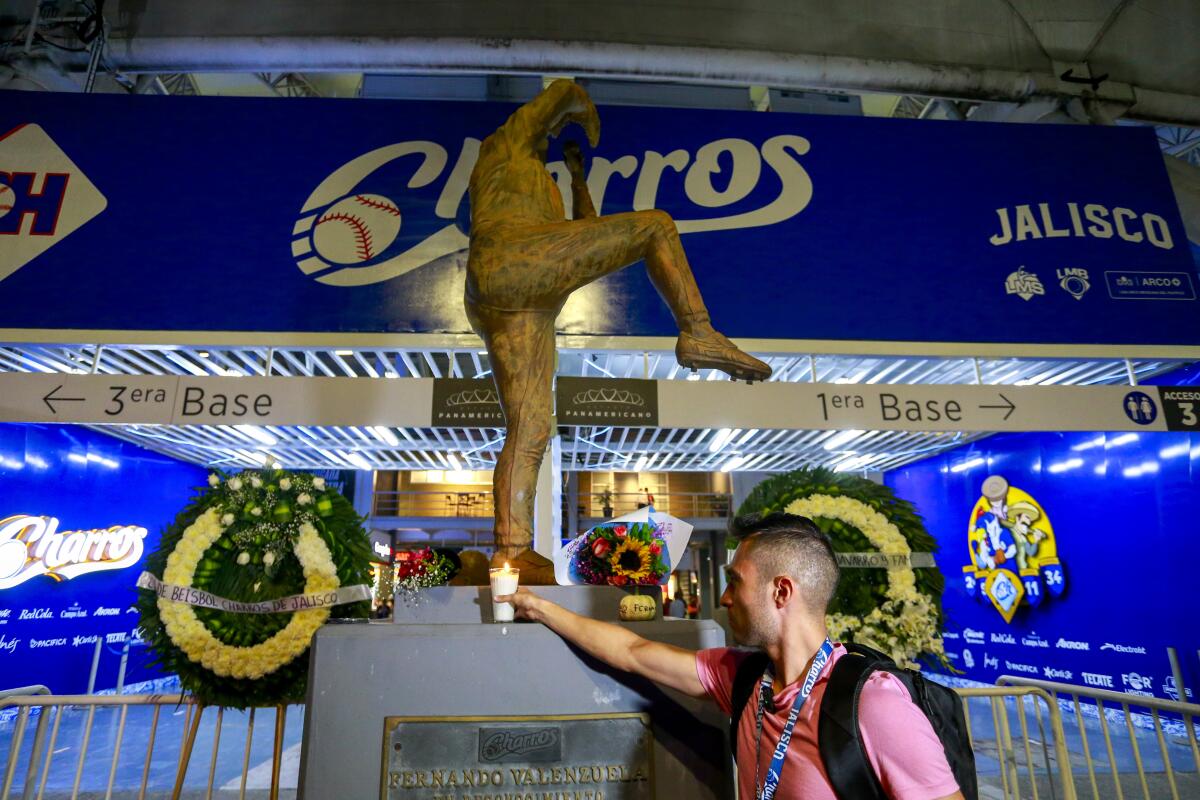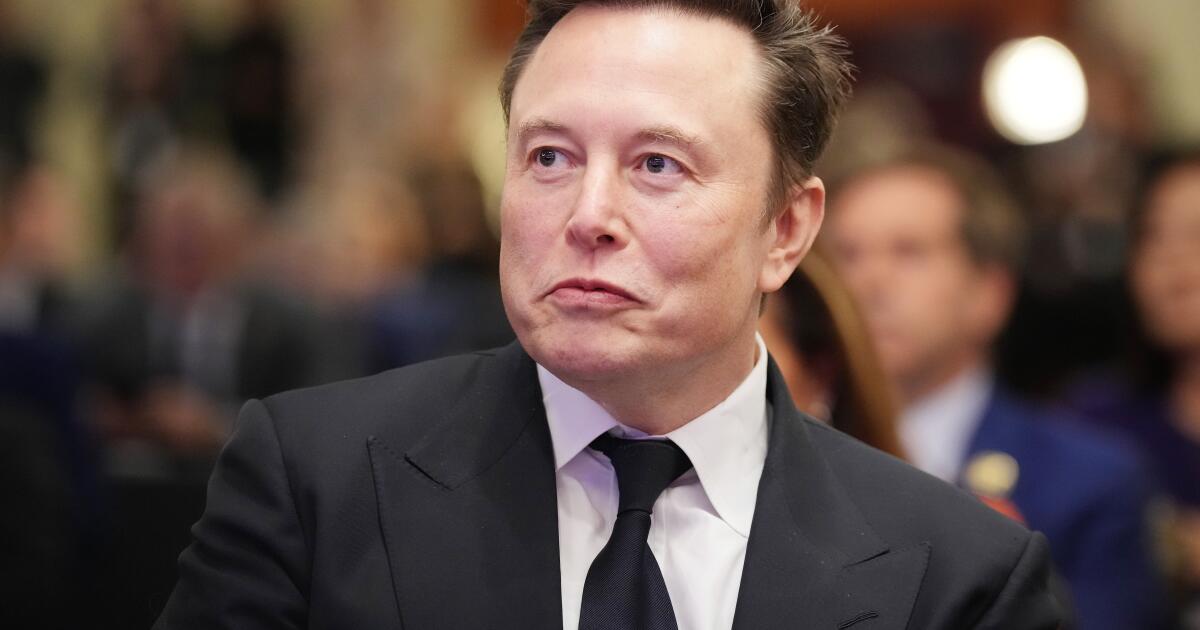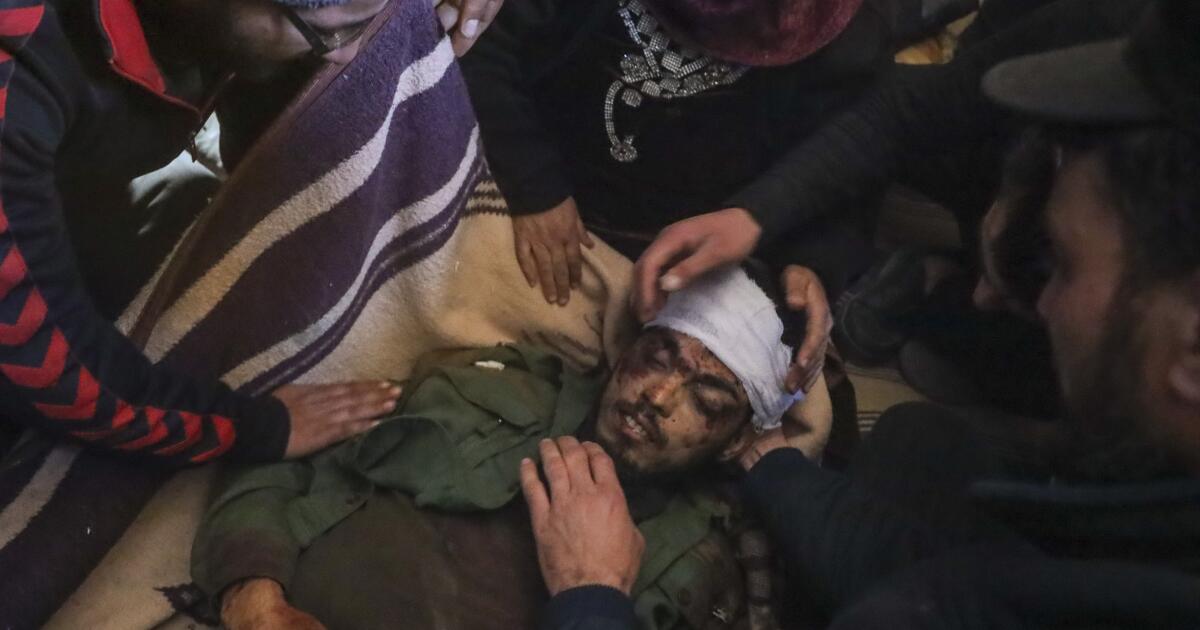BANGKOK (Reuters) -A day after his high-profile release from detention, Thailand’s former premier Thaksin Shinawatra met with prosecutors on Monday to discuss allegations he insulted the powerful monarchy, during which he appeared “truly ill”, a senior official said.
The influential billionaire, who has loomed large over Thai politics for two decades, reached the meeting in a wheelchair, wearing a neck brace, according to images in local media.
Thaksin, 74, was released on parole on Sunday after six months in hospital detention, his first day of freedom in his homeland 15 years after fleeing in the wake of his overthrow in a military coup. It is unclear what health issues he has been suffering from, with full details yet to be disclosed by doctors or his family.
“I spoke to him and he barely had any voice. From what I can see he is truly ill,” Preecha Sudsanguan, director general of the office of litigation told a press conference. “He had a neck brace and a sling on the arm, and he couldn’t really walk.”
He was paroled, with conditions, on account of his age, health and time served. Thaksin’s eight-year sentence for abuse of power and conflicts of interest was commuted by the king to one year soon after he went into detention.
Pheu Thai, a party controlled by the Shinawatra family, is currently in power and critics have complained about Thaksin’s lenient treatment and questioned the severity of his health problems.
“From now, anyone in detention can say they have Thaksin’s disease because once you have this, you can go get treatment anywhere,” said Ramet Rattanashaweng, spokesperson for the opposition Democrat Party.
Deputy Prime Minister Phumtham Wechayachai defended Thaksin and said it was normal for someone of his age to need a neck brace and sling.
“For a person who is sick, we should give encouragement rather than trying to accuse him of pretending,” he said.
CELEBRATED HOMECOMING
Thaksin made a dramatic return in August and showed no signs of poor health as he emerged from his private jet to greet supporters and family, before being escorted away by police who saluted him as he arrived. But he was transferred to a hospital on his first night in jail as he complained of chest pains.
Doctors last year said he had high blood pressure, heart issues and back pains affecting his balance, for which he underwent surgery, and was easily tired due to an earlier COVID-19 infection.
The attorney-general’s office said more investigation was needed before deciding whether to indict Thaksin for insulting the crown. The complaint, made by the military that ousted his sister Yingluck Shinawatra’s government, stems from an interview Thaksin gave while in exile in 2015.
Insulting the monarchy is a serious offence and a major slur in Thailand, where the constitution states the king must be held in a position of “revered worship”.
Hundreds of people have been prosecuted in recent years under Thailand’s lese-majeste law, which is among the world’s strictest and carries a maximum jail sentence of up to 15 years for each perceived royal insult.
Thaksin has always pledged loyalty to the monarchy and had recently sent a plea letter to authorities requesting fairness in the case.
Thailand’s best-known and most polarising premier, Thaksin was a towering figure over Thai politics while in self-imposed exile to avoid jail for abuse of power, charges he maintained were cooked up by the country’s old guard to keep him at bay.
He is widely expected to exert some influence over the current government led by his allies, but has insisted he is retired.
Thaksin will need to report back on April 10 to hear the office’s decision on the royal insults probe, said Prayut Petchkun, spokesperson for the attorney-general’s office, describing it as “an important case”.
“The person involved is an important person, the charge is serious and the public has interest in it”, he said.
(Reporting by Panu Wongcha-um, Juarawee Kittisilpa and Panarat Thepgumpanat; Writing by Martin Petty; Editing by Himani Sarkar)


